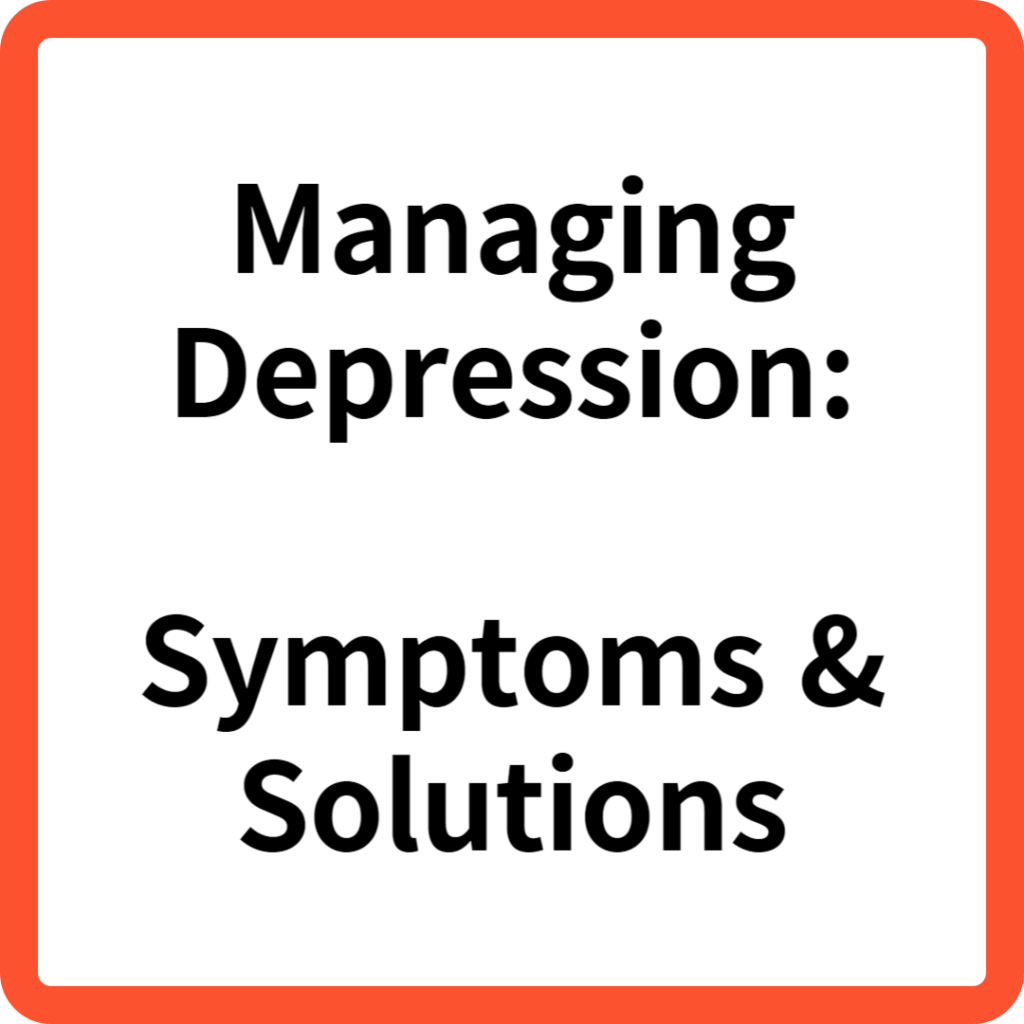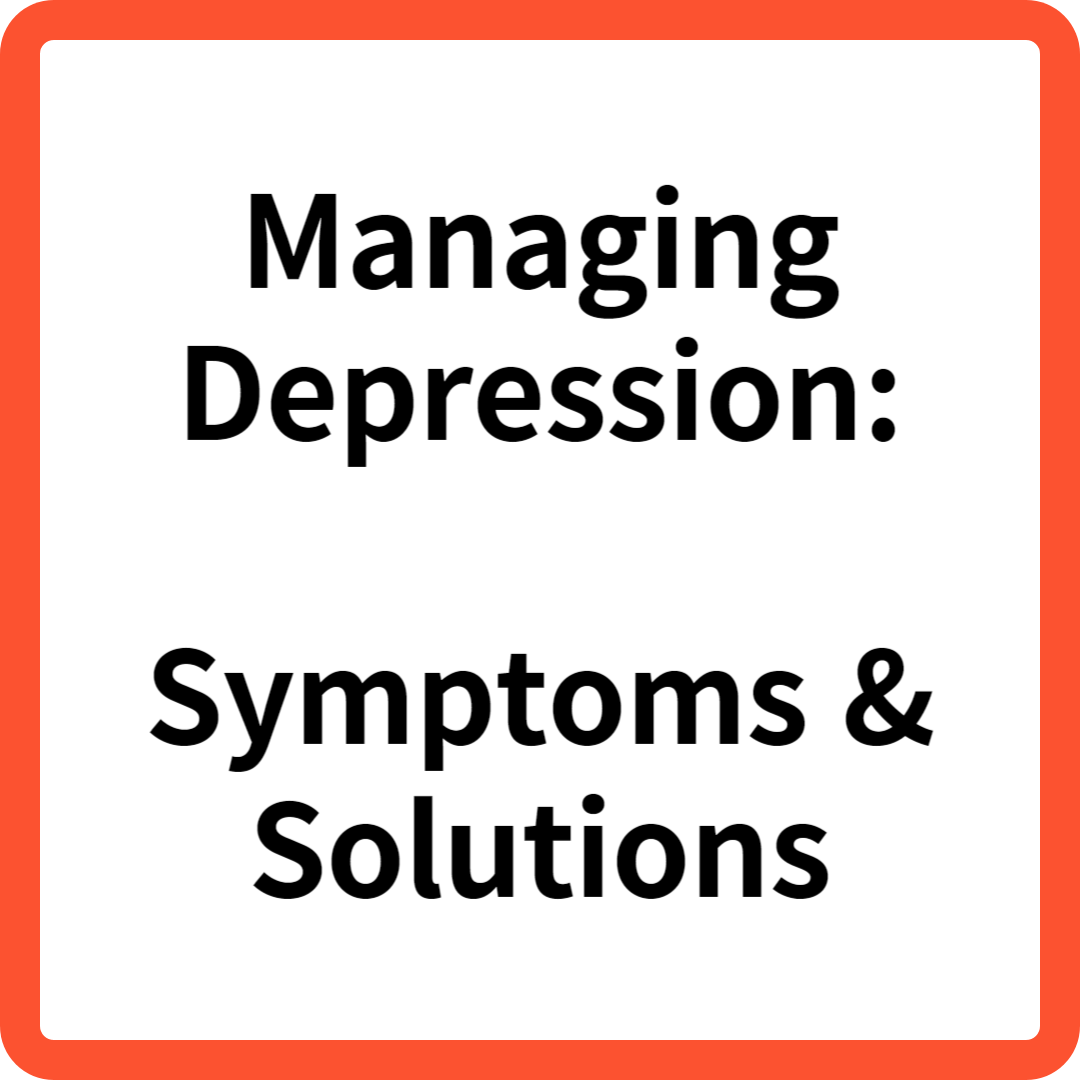Depression can cast a shadow over even the brightest moments in life, making it challenging to find joy and motivation. However, there is hope. By understanding the steps to overcome depression, you can gradually regain your sense of happiness and purpose. In this article, we’ll explore practical strategies to help you navigate the journey towards healing.

Recognizing the Signs of Depression Depression can manifest in various ways, such as persistent feelings of sadness, loss of interest in activities, changes in appetite and sleep patterns, and difficulty concentrating. Recognizing these signs is the first step toward seeking the help you need.
Depression Seeking Professional Help
Therapy: Cognitive Behavioral Therapy (CBT), Dialectical Behavior Therapy (DBT), and other therapeutic approaches can provide you with effective tools to manage depressive thoughts and behaviors.
Medication: In some cases, a psychiatrist might recommend antidepressant medication to help regulate your brain chemistry and alleviate symptoms.

Building a Supportive Network
Open Communication: Share your feelings with close friends or family members. Their support can make a significant difference in your journey.
Support Groups: Joining support groups or online communities connects you with individuals who understand what you’re going through, offering a sense of belonging and understanding.
Self-Care as a Priority
Healthy Routine: Establish a daily routine that includes regular exercise, nutritious meals, and sufficient sleep. These pillars of self-care positively impact your mood and energy levels.
Mindfulness and Meditation: Practice mindfulness techniques to stay present and manage negative thought patterns. Meditation can promote relaxation and self-awareness.
Setting Achievable Goals
Break Tasks Down: When depression feels overwhelming, break tasks into smaller, manageable steps. Celebrate each achievement, no matter how small.
Focus on Interests: Engage in activities you once enjoyed, even if you don’t feel like it initially. Over time, these activities can reignite your passion.
Challenging Negative Thoughts
Cognitive Restructuring: Identify negative thought patterns and replace them with more balanced, realistic perspectives. Challenge your inner critic with evidence of your strengths.
Gratitude Practice: Daily gratitude exercises can shift your focus towards positive aspects of life, fostering a more optimistic outlook.
Creating a Supportive Environment
Eliminate Toxic Influences: Minimize contact with people or situations that contribute to negative feelings. Surround yourself with positivity and understanding.
Safe Space: Designate a physical or mental space where you can retreat and find solace during challenging moments.

Embracing Progress, Not Perfection
Be Patient: Recovery takes time. Allow yourself to experience setbacks without self-judgment. Celebrate your progress, no matter how gradual.
Small Steps: Start with small changes and gradually incorporate more complex strategies as you become more comfortable.
Professional Progress Evaluation
Regular Check-ins: Schedule periodic appointments with your therapist or psychiatrist to assess your progress and adjust treatment plans if necessary.
Celebrate Milestones: Acknowledge your achievements and celebrate how far you’ve come. Reflect on the positive changes you’ve made.
Final Thoughts
Overcoming depression is a journey that demands patience, resilience, and self-compassion. By integrating these strategies into your life, you can gradually lift the weight of depression and rediscover your joy. Remember, you don’t have to go through this alone – seek professional guidance, lean on your support network, and take one step at a time toward regaining the vibrancy and fulfillment you deserve.

